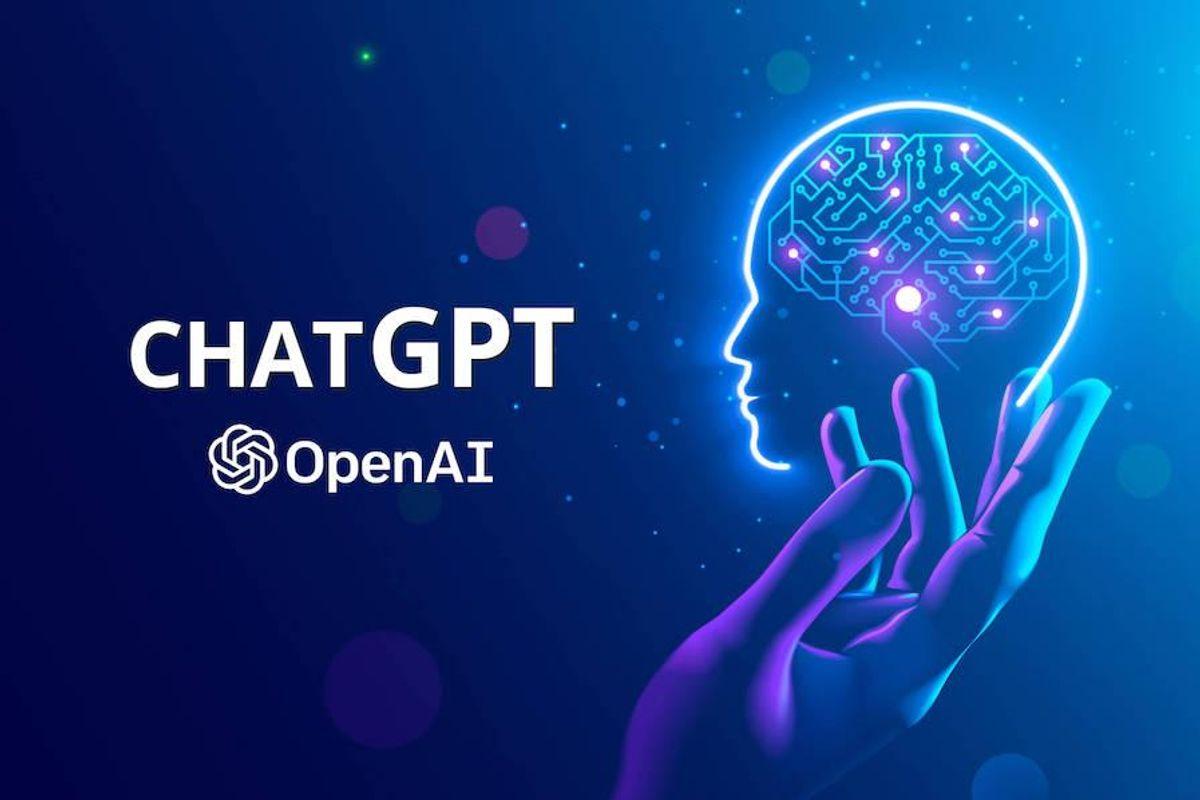
Target-ChatGPT Partnership: The Future of AI-Powered Shopping
Target-ChatGPT Partnership: The Future of AI-Powered Shopping
Introduction: A Revolutionary Shopping Experience
Target has announced a groundbreaking partnership with ChatGPT that promises to transform how people shop online. This collaboration allows customers to browse, discover, and purchase Target products directly within the ChatGPT app, eliminating the need to jump between multiple websites, apps, and search platforms. Instead of traditional browsing methods, shoppers can now engage in natural conversations with AI to go from initial product ideas to completed purchases in one seamless interaction.
This partnership arrives at a particularly crucial moment for Target, which has been facing significant challenges including inflation-weary customers, declining same-store sales, and shrinking profit margins. Simultaneously, consumer behavior is evolving rapidly, with shoppers increasingly turning to artificial intelligence for product recommendations and purchasing guidance. Target is strategically positioning itself to capture this shift by enabling customers to make purchases exactly where they're already seeking AI assistance.
How AI-Assisted Shopping Works in Practice
The new shopping experience is designed to feel remarkably intuitive and conversational. Within the ChatGPT app, users can tag Target and request help with specific scenarios, such as planning a holiday family movie night or organizing a birthday party. ChatGPT, now integrated with Target's comprehensive product catalog, responds by suggesting relevant items like cozy blankets, snacks, decorations, entertainment accessories, or themed party supplies.
The revolutionary aspect of this system is that customers can complete their entire purchase without ever leaving the ChatGPT environment. This streamlined approach significantly reduces friction in the shopping process, eliminating multiple clicks, page loads, and navigation steps that traditionally separate inspiration from transaction completion. What previously required hunting through categories, applying filters, and comparing options across different tabs now becomes a fluid conversation where products are suggested contextually and purchases happen instantly.
The integration represents a fundamental shift from traditional e-commerce interfaces to conversational commerce. Instead of customers adapting to rigid website structures and search algorithms, the shopping experience adapts to natural human communication patterns. Users can ask follow-up questions, request alternatives, specify budget constraints, or modify their requirements, and the AI responds intelligently with updated suggestions that match their evolving needs.
Advanced Personalization and Predictive Shopping
Target envisions this partnership evolving far beyond simple product searches into sophisticated personal shopping assistance. The company expects the AI system to gradually learn individual customer preferences, shopping patterns, and behavioral tendencies, enabling it to anticipate needs before customers explicitly state them. This predictive capability could transform future interactions from reactive product browsing into proactive lifestyle assistance.
The personalization engine will analyze previous conversations, purchase history, seasonal patterns, and preference indicators to build comprehensive customer profiles. Over time, the system could remember that a user prefers organic snacks, favors certain color schemes for home decor, typically shops within specific price ranges, or regularly purchases items for particular occasions. This accumulated knowledge enables increasingly tailored recommendations that feel intuitive and personally relevant.
Consumer research supports this direction, with a recent Harris Poll revealing that nearly half of Generation Z consumers would trust artificial intelligence to serve as their personal shopper, helping them select products and identify deals. This demographic comfort with AI-guided decision-making represents a significant opportunity for retailers who can deliver trustworthy, helpful algorithmic assistance that enhances rather than replaces human judgment.
Strategic Context and Industry Competition
Target's move reflects broader retail industry recognition that artificial intelligence is becoming a critical customer acquisition and retention channel. The company is not alone in this strategy, as major competitors including Walmart have established similar partnerships with OpenAI. These retailers understand that customer discovery patterns are shifting fundamentally, and success increasingly depends on being present where consumers are already engaging with AI tools.
By embedding its shopping experience directly into ChatGPT, which serves hundreds of millions of weekly active users, Target gains access to an enormous potential customer base during peak shopping seasons. Rather than hoping customers will visit Target's website or mobile app, the retailer proactively positions itself within the digital conversations that are already happening across diverse consumer segments.
Industry experts emphasize that streamlining the customer journey from initial inspiration to final purchase is essential for boosting conversion rates and overall sales performance. The Target-ChatGPT partnership takes this principle to its logical conclusion by collapsing inspiration, recommendation, comparison, and payment into a single AI-guided conversation that eliminates traditional e-commerce friction points.
Target's Broader Turnaround Strategy
This AI initiative forms part of Target's comprehensive response to challenging business conditions, including a 2.7% decline in same-store sales and a 19% drop in quarterly profits. The company is simultaneously pursuing traditional retail strategies like broad price cuts and a substantial $1 billion investment program while also embracing cutting-edge technology solutions to meet evolving customer expectations.
The dual approach reflects Target's understanding that recovery requires both immediate relief for price-conscious consumers and long-term positioning for future shopping behaviors. Price reductions serve as a defensive measure to retain budget-conscious customers during inflationary periods, while AI integration represents an offensive strategy to capture emerging digital commerce opportunities.
Target's leadership recognizes that younger consumers, who represent future spending power, are already comfortable with AI-mediated shopping experiences. By establishing early presence in conversational commerce platforms, the retailer aims to build relationships with customers whose shopping preferences are still forming and who may become loyal long-term buyers if their initial AI-assisted experiences are positive and valuable.
The Future of Retail: Conversational Commerce
The Target-ChatGPT partnership signals a fundamental transformation in retail from traditional "search and scroll" interfaces toward "ask and receive" interactions. This shift represents more than technological novelty; it reflects changing consumer expectations for personalized, intelligent, and effortless shopping experiences that integrate seamlessly with daily digital activities.
Conversational commerce offers particular advantages for complex purchasing decisions that involve multiple considerations, budget constraints, or unfamiliar product categories. Instead of customers struggling to translate their needs into search terms and filter options, they can describe their situations naturally and receive expert-level guidance that considers multiple factors simultaneously.
The scalability of AI-powered personal shopping assistance means that every customer can potentially receive individualized attention that was previously available only to high-value clients of luxury retailers. This democratization of personalized service could significantly enhance customer satisfaction and loyalty while driving increased purchase frequency and basket sizes across Target's diverse customer base.
Conclusion: Embracing the AI-Powered Shopping Revolution
Target's partnership with ChatGPT represents a bold bet on the future of retail, where artificial intelligence serves as the primary interface between customers and products. By enabling seamless shopping experiences within conversational AI platforms, Target is positioning itself at the forefront of a transformation that could redefine customer expectations and competitive dynamics across the entire retail industry.
The success of this initiative will likely depend on execution quality, customer adoption rates, and the ability to maintain trust while leveraging personal data for enhanced recommendations. If Target can deliver on the promise of intelligent, helpful, and secure AI-assisted shopping, it may establish a significant competitive advantage in attracting and retaining the next generation of digitally native consumers who increasingly expect technology to anticipate and fulfill their needs effortlessly.







